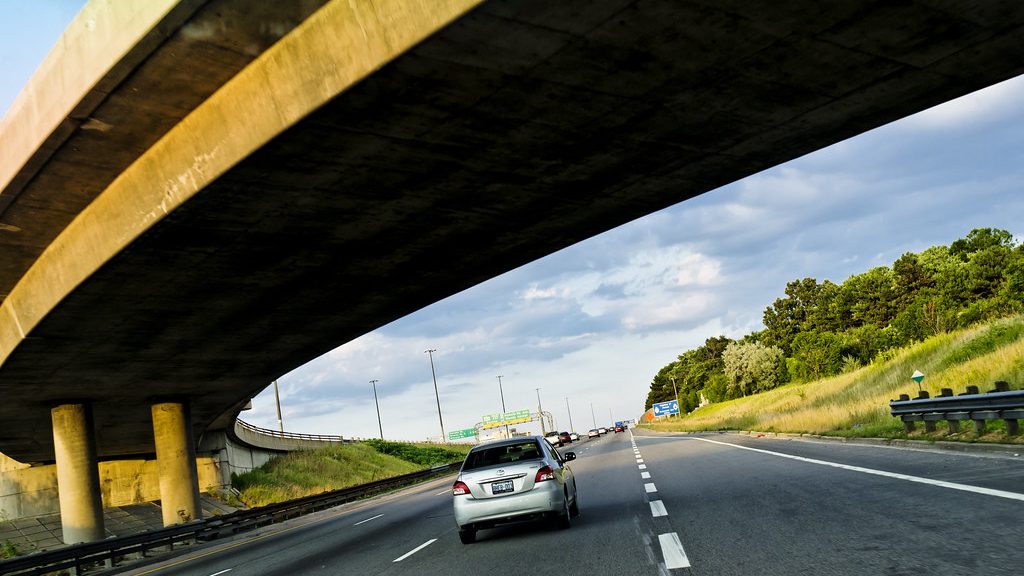Germany’s Merkel faces difficult coalition talks after 2 previous partners punished by voters
Posted Sep 22, 2013 09:28:00 PM.
This article is more than 5 years old.
BERLIN – With Angela Merkel’s conservatives five seats short of a parliamentary majority, her possible new partners aren’t rushing to join her in a new German coalition government.
Merkel enjoys sky-high popularity but allies in her two previous coalitions have ended up the worse for wear after the experience. Voters kicked her latest partner, the pro-business Free Democrats, out of Parliament altogether in Sunday’s election.
She will now need an alliance with one of two centre-left rivals — and either will doubtless demand major concessions as the price for taking the risk, with coalition talks likely to drag on for weeks.
The likeliest outcome is a “grand coalition” of Merkel’s Union bloc with the centre-left Social Democrats of Peer Steinbrueck. But they emerged badly weakened from a similar alliance in Merkel’s first term.
Germans prize stability so it’s in no party’s interest to be seen as obstructing a new government to the point that the country has to hold a new election. But neither the Social Democrats nor the other possible partner, the environmentalist Greens, are natural Merkel allies.
“The Social Democrats aren’t queuing up or making applications to be the successor after Merkel ruined her previous coalition parter,” party chairman Sigmar Gabriel said Monday, adding that there is “nothing automatic” about joining a grand coalition.
“You’ll have to ask (Merkel’s party) whether it’s ready to pay a price,” he told reporters. “The ball is with Merkel.”
Germany has no tradition of minority governments and Merkel made clear she has no intention of changing that. Still, she will likely be kept waiting to start her third term. In 2005, it took two months before she was sworn in as chancellor of her first grand coalition.
“Thoroughness goes before speed,” Merkel told reporters when asked Monday how long the process might take. “Germany needs a stable government, and we will fulfil this task.”
During the campaign, Merkel rejected proposals from the two centre-left parties for tax increases on high earners and a mandatory national minimum wage. She argued that both would hurt the economy.
Her rivals, meanwhile, pledged to scrap a benefit for stay-at-home parents that the outgoing government introduced at the insistence of social conservatives in Merkel’s bloc.
Europe’s debt crisis may be less problematic. While the Social Democrats and Greens have criticized her approach to the eurozone debt crisis, they voted for her policies in Parliament.
“Our European policy course, at least on the part of the Union (party), will not change,” Merkel said. Steinbrueck refused to say what, if anything, might change in a coalition with his party.
A grand coalition might result in a somewhat greater emphasis on bolstering economic growth in Europe over the austerity that Germany has insisted on in exchange for bailing out economically weak countries such as Greece — but no radical change of course.
The Social Democrats held half the Cabinet in Merkel’s first government, including the key finance, labour and foreign affairs portfolios, and their ministers were widely respected. But they frequently complained that they got little credit, and slumped by 11 percentage points to their worst post-World War II result at the 2009 election. On Sunday, they made only small gains.
“If it enters a coalition, I think the (party) will do so with trepidation,” said Renate Koecher, the head of the Allensbach polling institute. “Smaller parties become strong on the opposition benches.”
Merkel’s second partners, the Free Democrats, went into government four years ago promising major tax cuts. But those plans were ground down to almost nothing, largely by the chancellor’s party, and constant squabbling both in the coalition and within the party itself turned off voters.
On Sunday, they slumped from a record result of nearly 15 per cent in 2009 to slump below the 5 per cent needed to win seats in Parliament for the first time in post-war history.
Grand coalitions of the two biggest parties — Union and Social Democrats — are common at state level in Germany. But a conservative-Green alliance has been tried only once, in liberal Hamburg, and it collapsed. The Greens are also preoccupied with their own problems after a disappointing election result. On Monday, they announced plans for leadership elections.
“If Merkel wants, we can of course have exploratory talks with each other,” Green chairwoman Claudia Roth told Phoenix television. But she said the conservatives “really stand for a completely different approach to politics.”
“We are not a party that, because Merkel is missing a few votes, will clean up after a lost coalition partner,” she said.
____
Kirsten Grieshaber and Frank Jordans contributed to this report.










